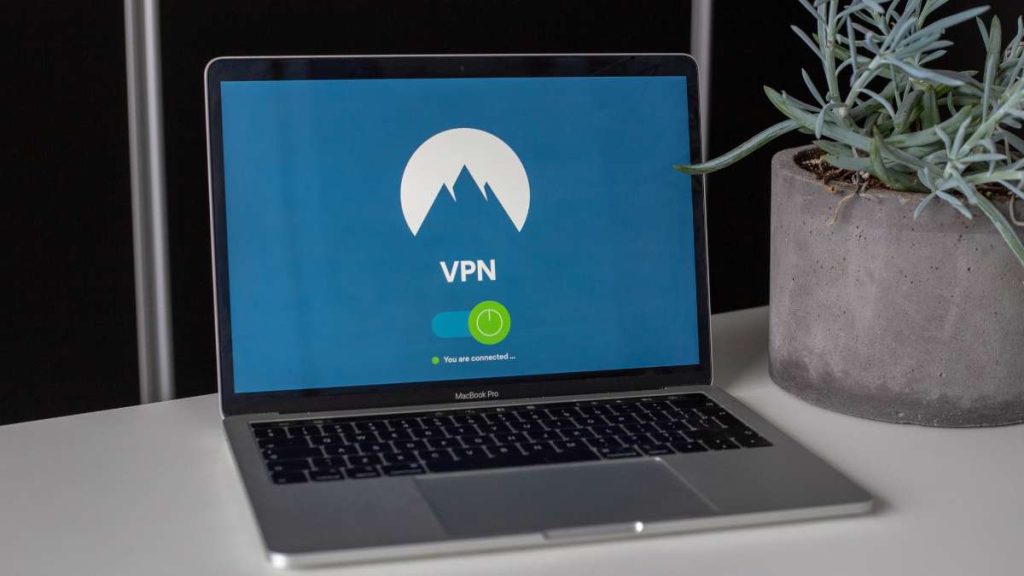There are many VPN tools available in the market, some are free and some are paid. But if you still can’t access blocked websites even after using a VPN service, what should you do? You simply follow this blog post and explore the methods to access blocked sites without VPN.
However, VPNs can sometimes be expensive or only readily available to some. In this case, “how to access blocked sites without VPN,” there are a few alternative methods that you can try to access blocked sites, like web proxy and Tor browser, and you can also try changing your DNS server.
But some sites on the internet will not allow you access by using VPNs also. Because VPNs bypass the geolocation restrictions and access take access to content that is not allowed in certain regions. As a result, some websites may view VPNs as a threat and block access to their services. This article will explore more details about “how to access blocked sites without VPN.”
Is It Legal to Use a VPN for Blocked Sites?
Many people ask whether using VPNs to access blocked sites is legal. It is not an easy question to answer because it depends on the rules in the country where you are using the internet.
Using VPNs to access the blocked sites is illegal in some countries. You might have to pay a fine or even go to jail if you get caught doing it. These countries don’t want their citizens to see certain things online, so they block some websites.
However, in some other countries, it is perfectly fine to use a VPN. This means people can see whatever they want on the internet without problems.
But even if a VPN is allowed, there might still be some rules to follow. For example, some schools or workplaces might not allow VPNs on their internet.
Also, VPNs don’t always work. Some websites can tell when someone is using a VPN and will not let them see the website. This can make getting to the content you want to see hard.
How Sites Get Blocked?
Some sites will not allow you to get in; that’s because some websites use something called “geo-blocking” to stop people from certain places from accessing them. Geo-blocking is like a digital fence around a website, and only people in certain areas can enter the gate.
Some websites have bad or dangerous things on them that could hurt people. Others might be blocked because they don’t follow the rules of a certain place or country. And some websites might be blocked because the people who made them only want certain people to see them.
The people who provide the internet to our homes and schools (called “Internet Service Providers” or ISPs) are responsible for making sure that websites are blocked if they need to be. ISPs use different tools to do this, like a special “lock” on the website so no one can get in or a “filter” that checks the website’s address to see if it can be accessed.
If you try to go to a website that’s been blocked, there can be serious consequences, like getting into trouble with the law, having to pay a fine, or even going to jail. So make sure you only go to websites that are safe and allowed in your area.
How to Access Blocked Sites Without a VPN?

Have you ever tried to visit a website but couldn’t because it was blocked? So, How do you access blocked sites without using a VPN? There are some ways to access those blocked websites without using a Virtual Private Network or VPN, which can sometimes be expensive or hard to get.
Web Proxy
One way is to use something called a web proxy. It’s like a helper between your device and the internet, so you can get to the blocked website by going through a different server. All you have to do is type in the website’s address into the proxy website, which will show you what’s on it.
Tor Browser
Tor browser is also a way to access blocked websites without using VPNs. It’s free and can help you visit websites without being tracked. It uses many different servers to hide your information so you can get to the blocked website. However, it might be slower than other browsers because of all the protection it gives you.
DNS Server
Lastly, you can change something called your DNS server. Your internet company may block some websites by changing the DNS servers. By changing the DNS server to a different one, like Google DNS or OpenDNS, you can get to the blocked website.
Remember that these ways might not be as safe as using a VPN, which keeps your information private and secure. However, if you can’t use a VPN, these other ways might be helpful for you to try.
Alternative Methods for Mobile Devices
When you use your mobile phone or tablet, there are other ways to access blocked sites without a VPN.
DNS Changer Apps
These are special apps that let you change the settings on your phone or tablet. Doing this lets you see websites that might be blocked where you are. This can help you get to the sites you want to see and improve your internet. It’s really helpful if you’re in a place where certain websites are not allowed.
Opera Mini Browser
This browser makes things load faster on your phone or tablet by shrinking the data that comes to your device. This means you can use less data, and things will still work quickly. It also blocks ads and can save pages to see them later, even if you’re not online.
Mobile Browser with VPN
A VPN is like a secret way of using the internet. It makes it so nobody can see what you’re doing online or where you are. Some mobile browsers have this built-in, which means you don’t need to get a separate app to use it. This lets you browse the internet without anyone knowing what you’re doing.
By trying these ways to use your mobile device, you can have a better experience and stay safe and secure online.
Conclusion
I hope this article helps you to understand “how to access blocked sites without a VPN.” Accessing blocked websites without VPNs can be done through alternative methods such as web proxies, Tor browser, and changing DNS servers. However, it is important to note that these methods may not be as safe as a VPN.
Understanding why sites get blocked and the consequences of trying to access them illegally is also essential. There are other alternative methods when using mobile devices, such as DNS changer apps, Opera Mini browser, and mobile browsers with VPNs. Ultimately, individuals must exercise caution and ensure that the websites they visit are safe and allowed in their area.


